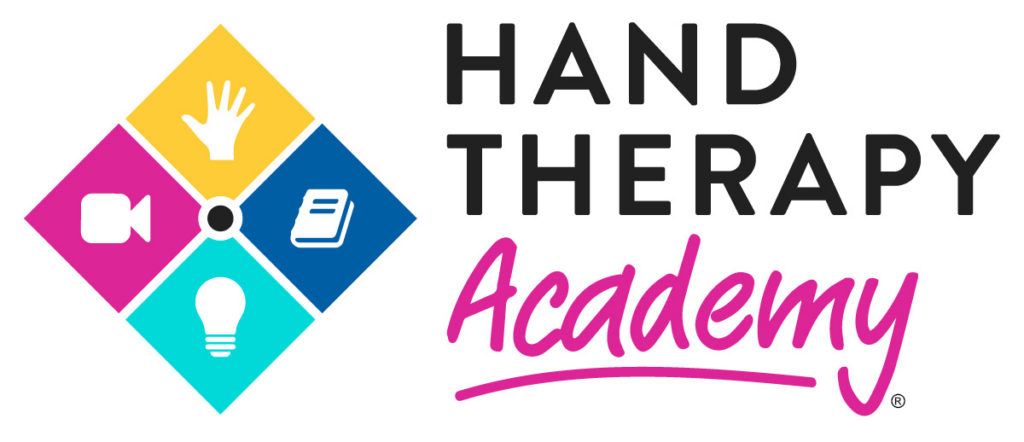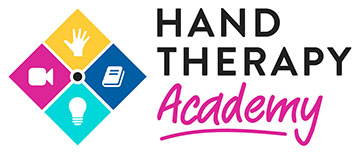CHT Training: The Complete Guide to Certification and Career Success
Filed under Uncategorized
Introduction to CHT Training
Healthcare professionals are always seeking ways to expand their expertise, improve patient outcomes, and build stronger careers. One of the most prestigious pathways in rehabilitation and hand therapy is CHT training, which prepares professionals to become Certified Hand Therapists (CHTs). This certification not only validates advanced clinical skills but also opens the door to better career opportunities and higher earning potential.
In this guide, we’ll break down everything you need to know about CHT training—from eligibility and program structure to costs, benefits, and exam preparation.

What is CHT Certification?
CHT stands for Certified Hand Therapist, a specialized credential for occupational and physical therapists. It recognizes advanced knowledge in treating upper extremity conditions, including hands, wrists, elbows, and shoulders. Earning this certification requires a combination of education, clinical experience, and successful completion of a rigorous exam.
Who Should Pursue CHT Training?
CHT training is ideal for:
- Occupational Therapists (OTs) looking to specialize in hand therapy.
- Physical Therapists (PTs) interested in advanced rehabilitation techniques.
- Healthcare professionals passionate about working with patients recovering from surgeries, injuries, or chronic conditions affecting the upper extremities.
Importance of CHT Training in Healthcare
Advancing Professional Skills
By undergoing CHT training, therapists gain deeper expertise in anatomy, rehabilitation techniques, and evidence-based treatment plans tailored to complex hand and arm conditions.
Improving Patient Care and Rehabilitation
Patients benefit from faster recovery, reduced pain, and improved functionality when treated by a Certified Hand Therapist. This makes CHT training essential for improving healthcare outcomes.
Eligibility Criteria for CHT Training
Educational Background Requirements
Candidates must first be licensed occupational or physical therapists.
Work Experience and Clinical Hours
In addition to holding a license, professionals must complete at least 4,000 hours of direct hand therapy practice and three years of clinical experience before sitting for the CHT exam.
Structure of CHT Training Programs
Core Theoretical Modules
These include advanced anatomy, kinesiology, wound healing, and orthotic design.
Hands-On Clinical Training
Practical sessions cover patient assessment, surgical rehab protocols, and functional retraining.
Specialized Workshops and Continuing Education
Many programs offer workshops on cutting-edge techniques, including splint fabrication and post-operative care.
Preparing for the CHT Exam
Study Resources and Materials
Recommended materials include textbooks, journal articles, and case studies from professional associations.
Practice Exams and Test Strategies
Mock exams help candidates identify weak areas and develop confidence. Have a look at the Hand Therapy Academy CHT Practice Test – this is a full 200-question test that can help you prepare for taking the HTCC certification exam.
Common Challenges and How to Overcome Them
Balancing work, study, and personal life can be tough. Time management and peer study groups make a big difference.
Benefits of Completing CHT Training
Career Growth Opportunities
Becoming a Certified Hand Therapist sets you apart from general occupational and physical therapists. Employers often prefer hiring CHTs for specialized clinics, hospitals, and rehabilitation centers.
Increased Earning Potential
Therapists with a CHT certification typically command higher salaries due to their advanced skills and expertise.
Recognition and Professional Credibility
Earning CHT certification signals dedication, specialized knowledge, and professional excellence, gaining respect from colleagues and patients alike.
Online vs. In-Person CHT Training
Pros and Cons of Online Training
- Pros: Flexible schedules, self-paced learning, and access to global resources.
- Cons: Limited opportunities for hands-on practice and live mentorship.
Advantages of In-Person Training
- Direct clinical exposure with patients.
- Networking opportunities with peers and mentors.
- Immediate feedback during workshops and labs.
Cost and Duration of CHT Training
Typical Training Program Fees
The cost of CHT training varies, but most programs and study materials range between $1,000–$3,000 USD. Additional exam fees are typically around $500–$600.
Time Commitment and Scheduling
Most candidates take 12–18 months to prepare, depending on prior knowledge and clinical experience.
Best Resources for CHT Training
Recommended Books and Journals
- Rehabilitation of the Hand and Upper Extremity (textbook)
- Journal of Hand Therapy for research-based practices.
Online Platforms and Professional Organizations
- Hand Therapy Certification Commission (HTCC) – official certification body.
- Hand Therapy Academy (HTA) – provides study resources and continuing education.
Visit the HTA official website for the most updated exam details.
FAQs About CHT Training
Q1: How long does it take to become a Certified Hand Therapist?
It typically takes at least three years of clinical practice plus the time needed to study for the CHT exam.
Q2: Can I take CHT training online?
Yes, many study programs are available online, but hands-on workshops are strongly recommended.
Q3: Is the CHT exam difficult?
Yes, it is considered challenging. Success requires consistent study, practice exams, and solid clinical experience.
Q4: How often is the CHT exam offered?
The CHT exam is offered twice a year, typically in May and November.
Q5: What happens if I fail the CHT exam?
You can retake the exam during the next testing window. There is no limit to the number of attempts.
Q6: Is CHT training worth the cost?
Absolutely. The professional recognition, career opportunities, and salary increase make the investment worthwhile.
Conclusion: Is CHT Training Worth It?
Without a doubt, CHT training is a career-defining step for occupational and physical therapists passionate about hand therapy. It not only enhances professional credibility but also improves patient outcomes, expands career opportunities, and boosts earning potential.
Whether you choose an online or in-person program, the investment of time, money, and effort pays off with long-term rewards in both career advancement and patient satisfaction.
More To Read
Pediatric & Adolescent Shoulder Instability
Lin, K.M, James, E.W., Spitze, E. & Fabricant, P.D. (2018). Pediatric and adolescent anterior shoulder instability: Clinical management of first-time dislocators. Current opinion in pediatrics, 30, 49-56. doi: 10.1097/MOP.0000000000000566. The Skinny: Shoulder instability for pediatric and adolescent patients is fairly common and is often complicated by a high re-dislocation rate. Shoulder instability typically occurs after…
Hand Therapy Marketing 101
Marketing 101 – 5 Tips for Your Therapy Clinic Confession: I hate marketing. It’s my least favorite part of my job. It is so hard to open yourself up to that much rejection but still stay positive. It feels like the professional version of blind dating, except the other person probably already has a significant…
A Hand Therapist’s Role in Nutrition Education for Wound Healing
By Brittany Day Role of nutrition in wound healing Nutrition plays an important function in the biological factors that contribute to normal wound healing (wound care nutrition). Patients without nutrient dense diets may experience diminished cell production, collagen synthesis, and wound contraction. There is sparse scientific evidence that explores the exact science behind nutrition and…
Shoulder Pain: The Effectiveness of Conservative Treatment
Reference: Steuri, R., Sattelmayer, M., Elsig, S., Kolly, C., Tal, A., Taeymans, J., & Hilfiker, R. (2017). Effectiveness of conservative interventions including exercise, manual therapy and medical management in adults with shoulder impingement: a systematic review and meta-analysis of RCTs. British journal of sports medicine, 51(18), 1340–1347. https://doi.org/10.1136/bjsports-2016-096515 By: Tayler Roost The Skinny: This study…
Sign-up to Get Updates Straight to Your Inbox!
Sign up with us and we will send you regular blog posts on everything hand therapy, notices every time we upload new videos and tutorials, along with handout, protocols, and other useful information.






